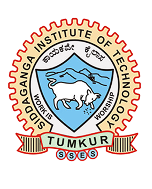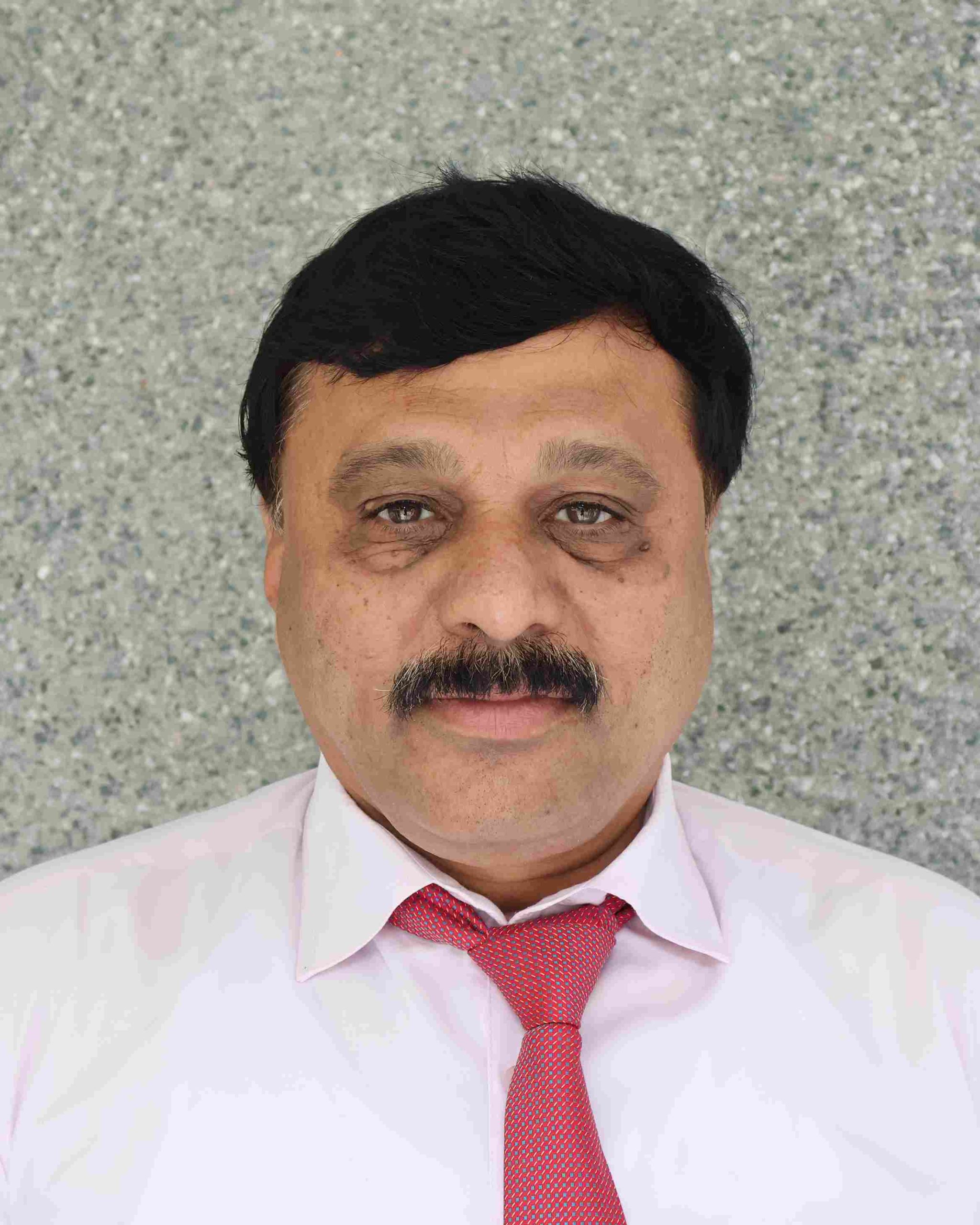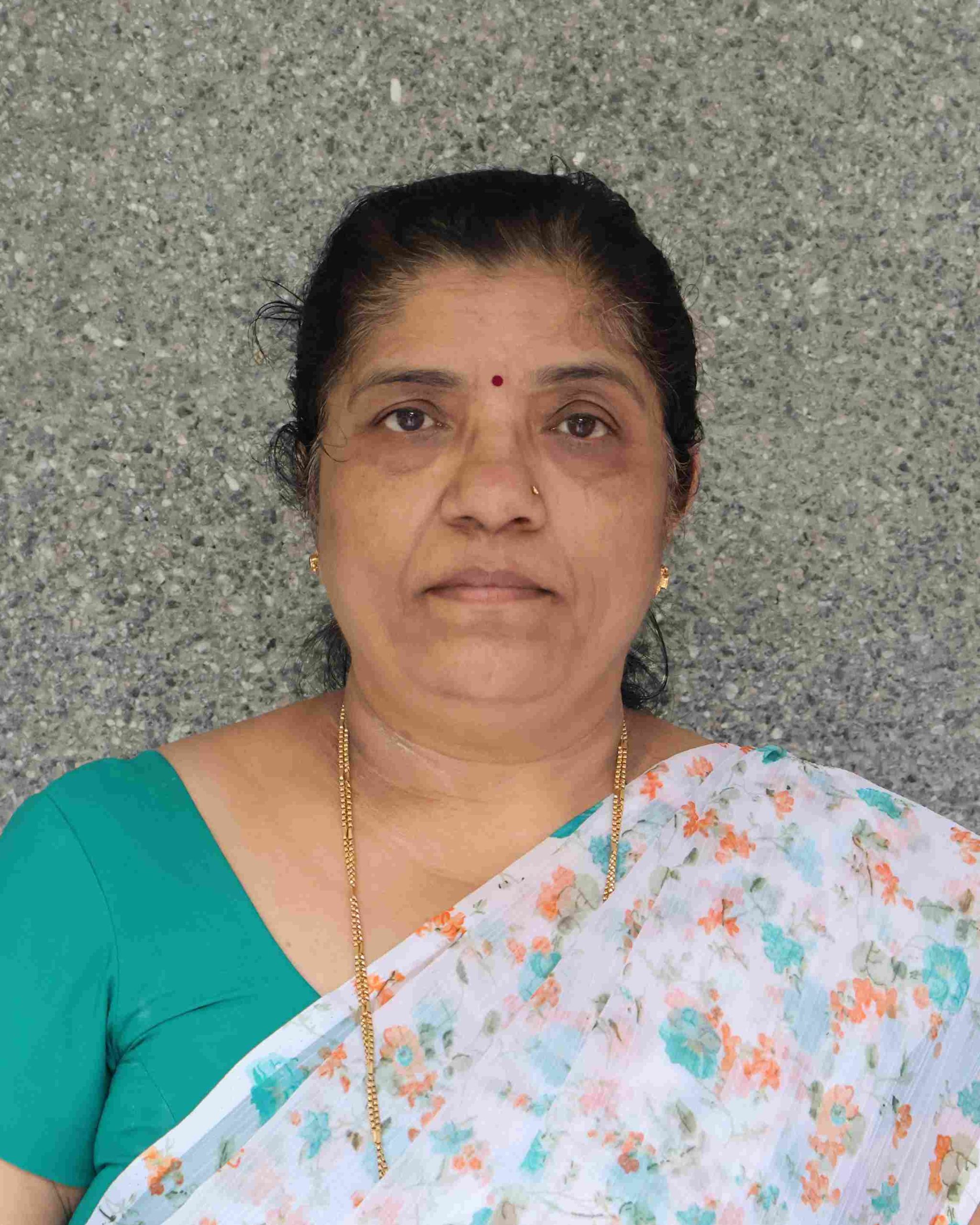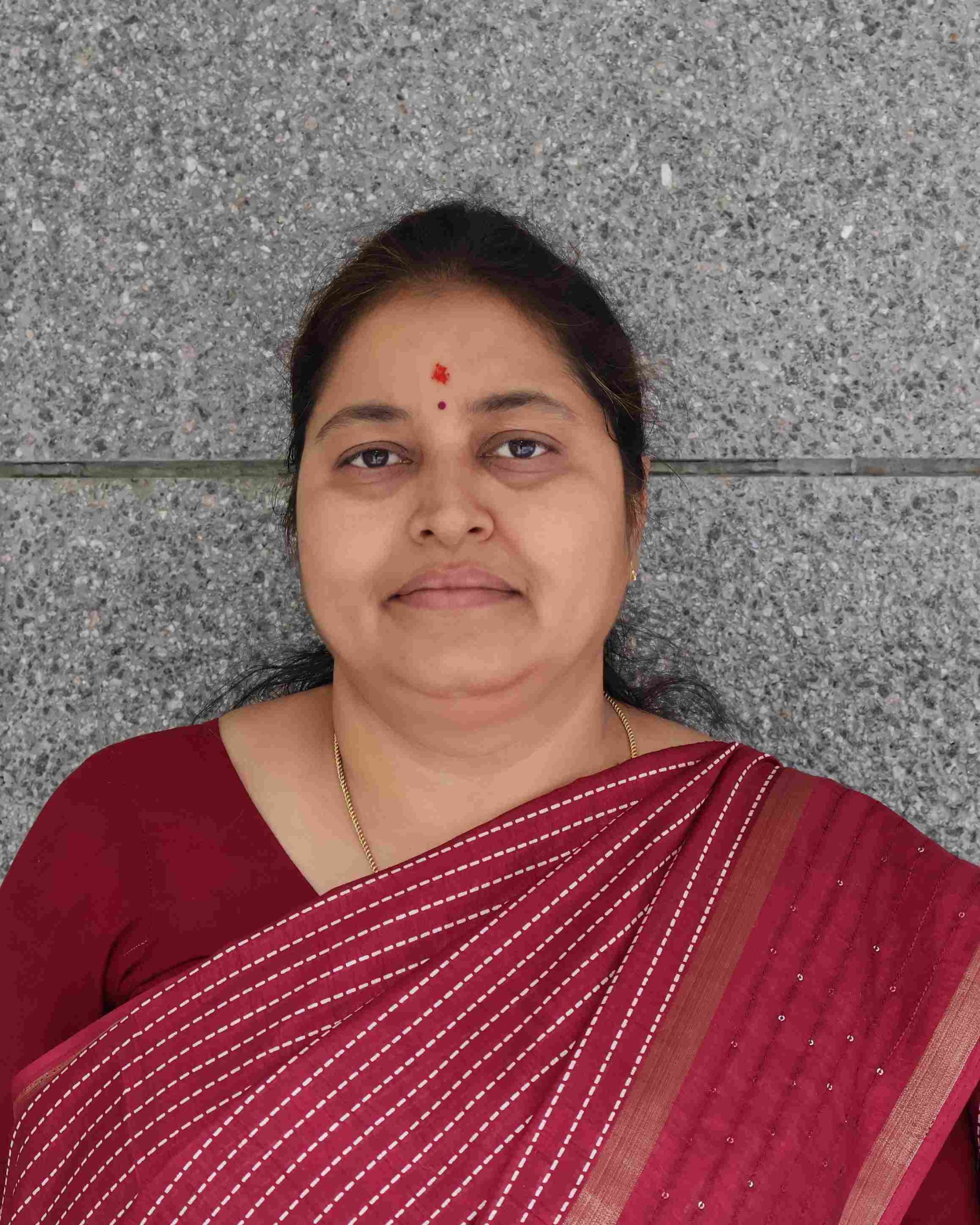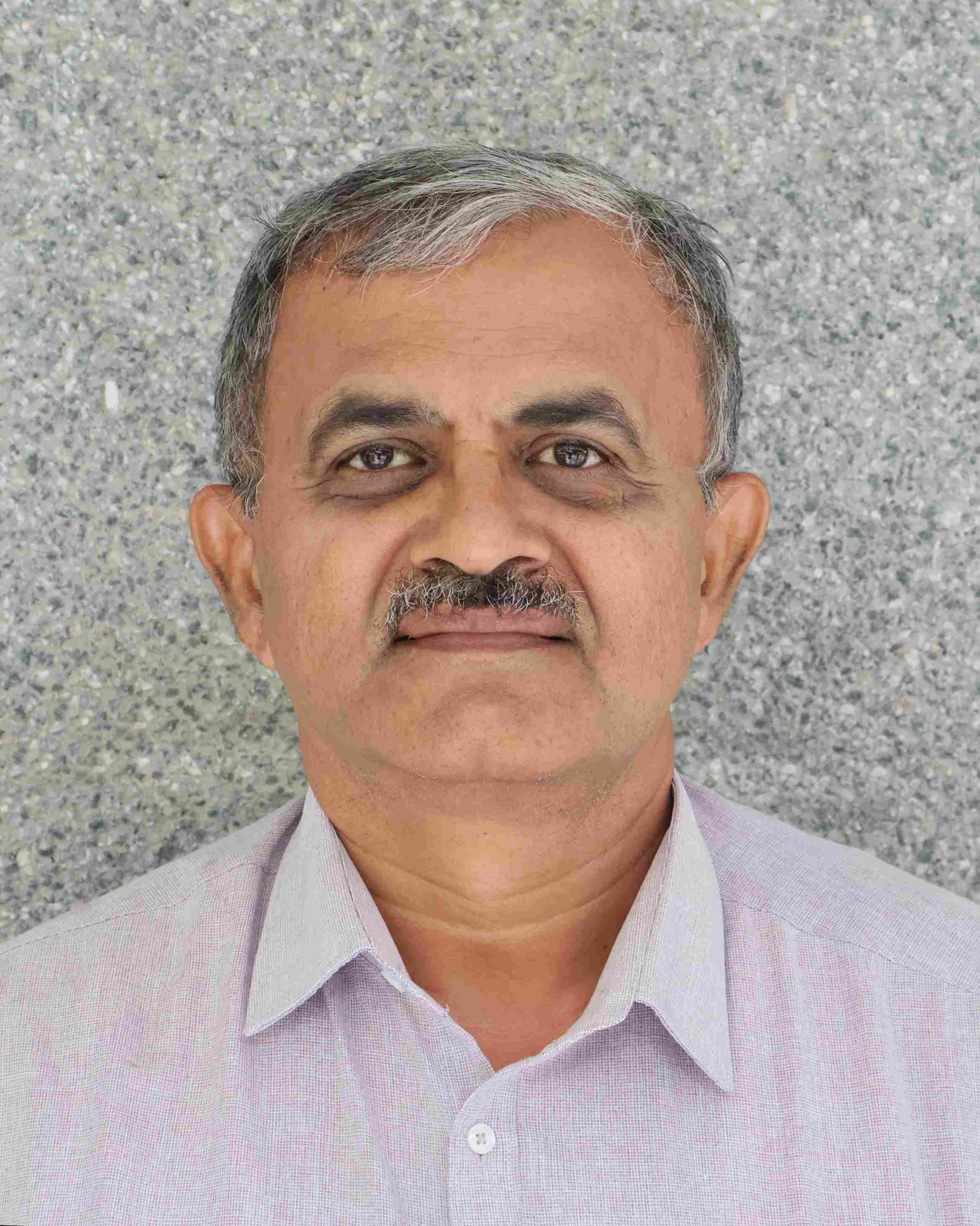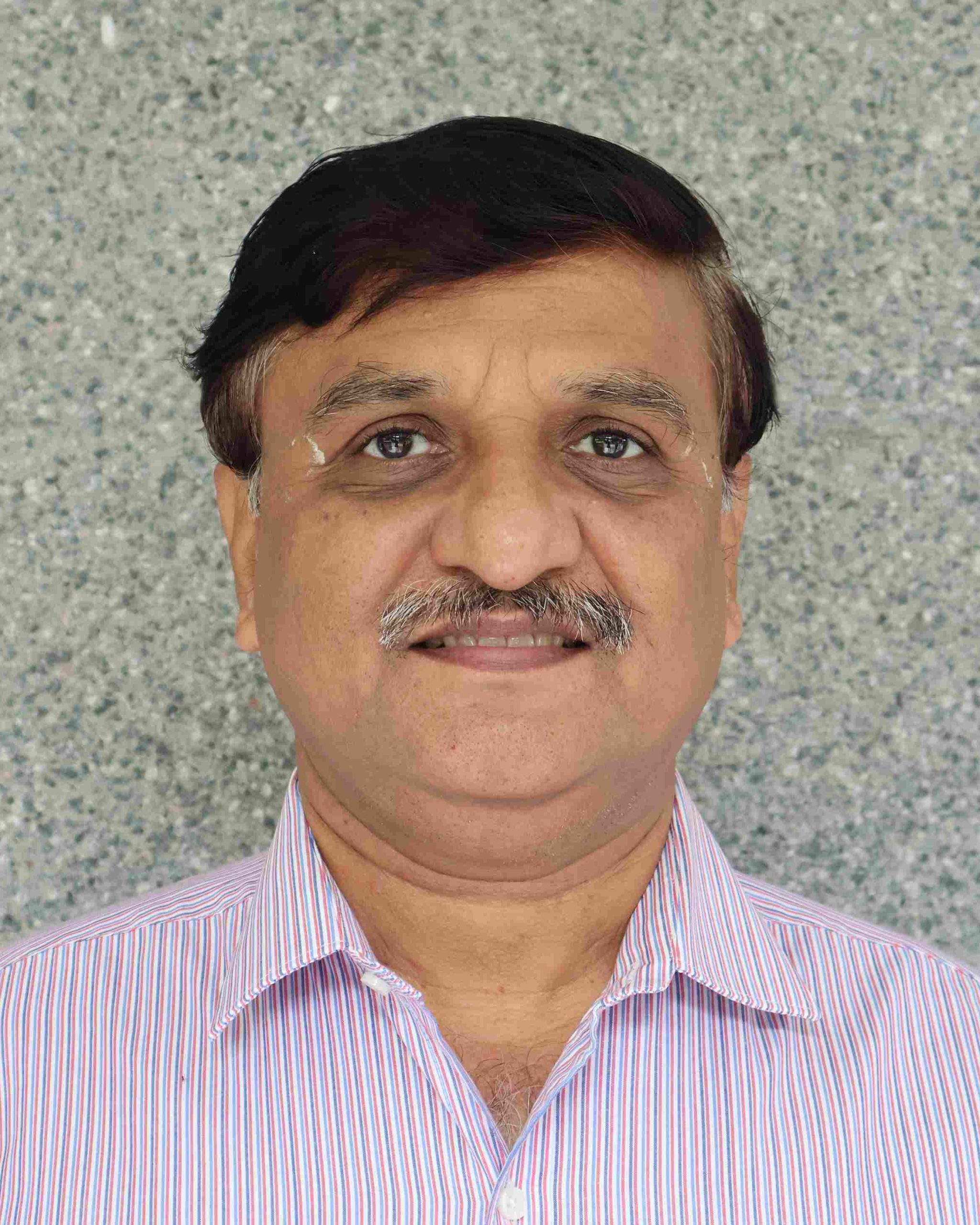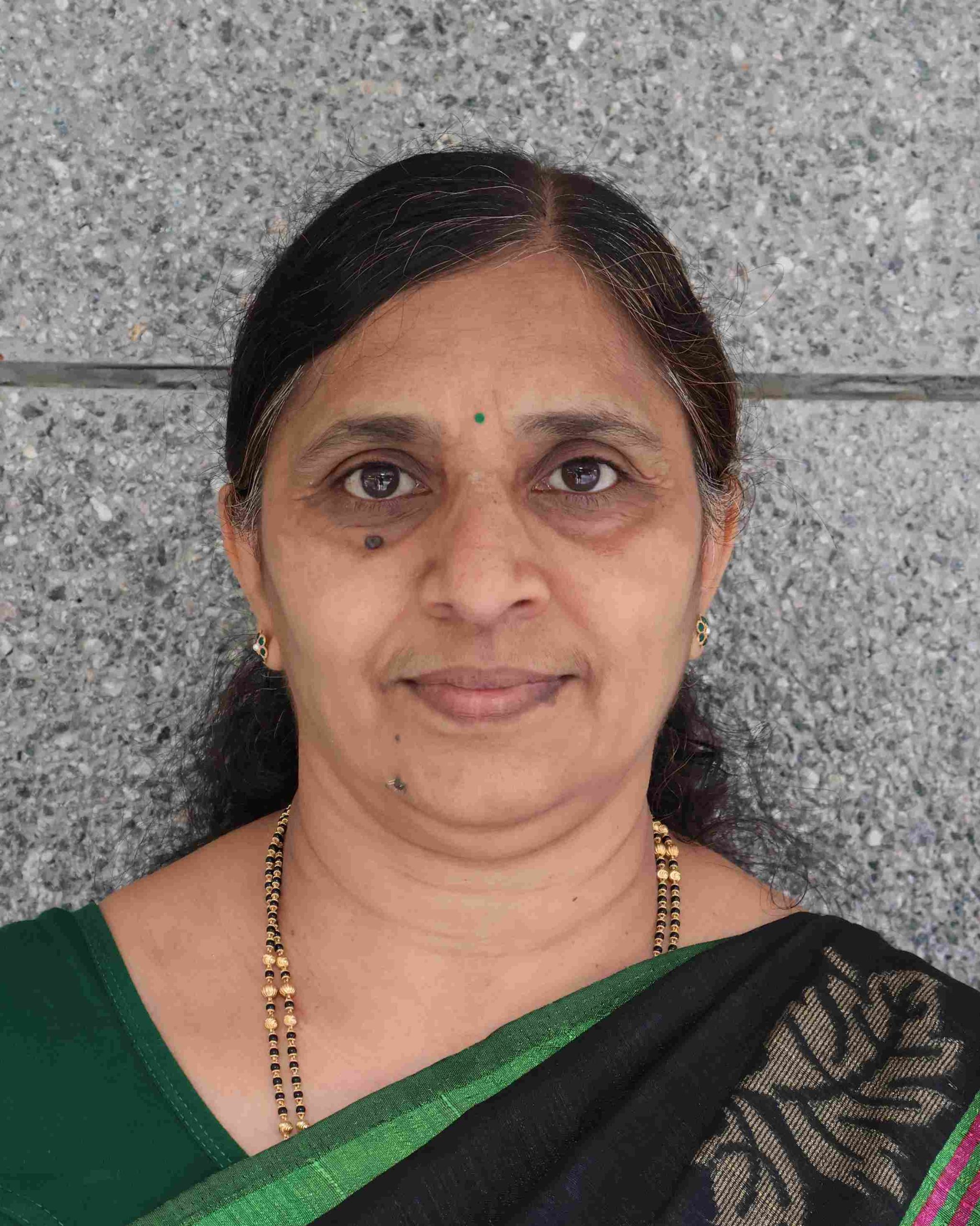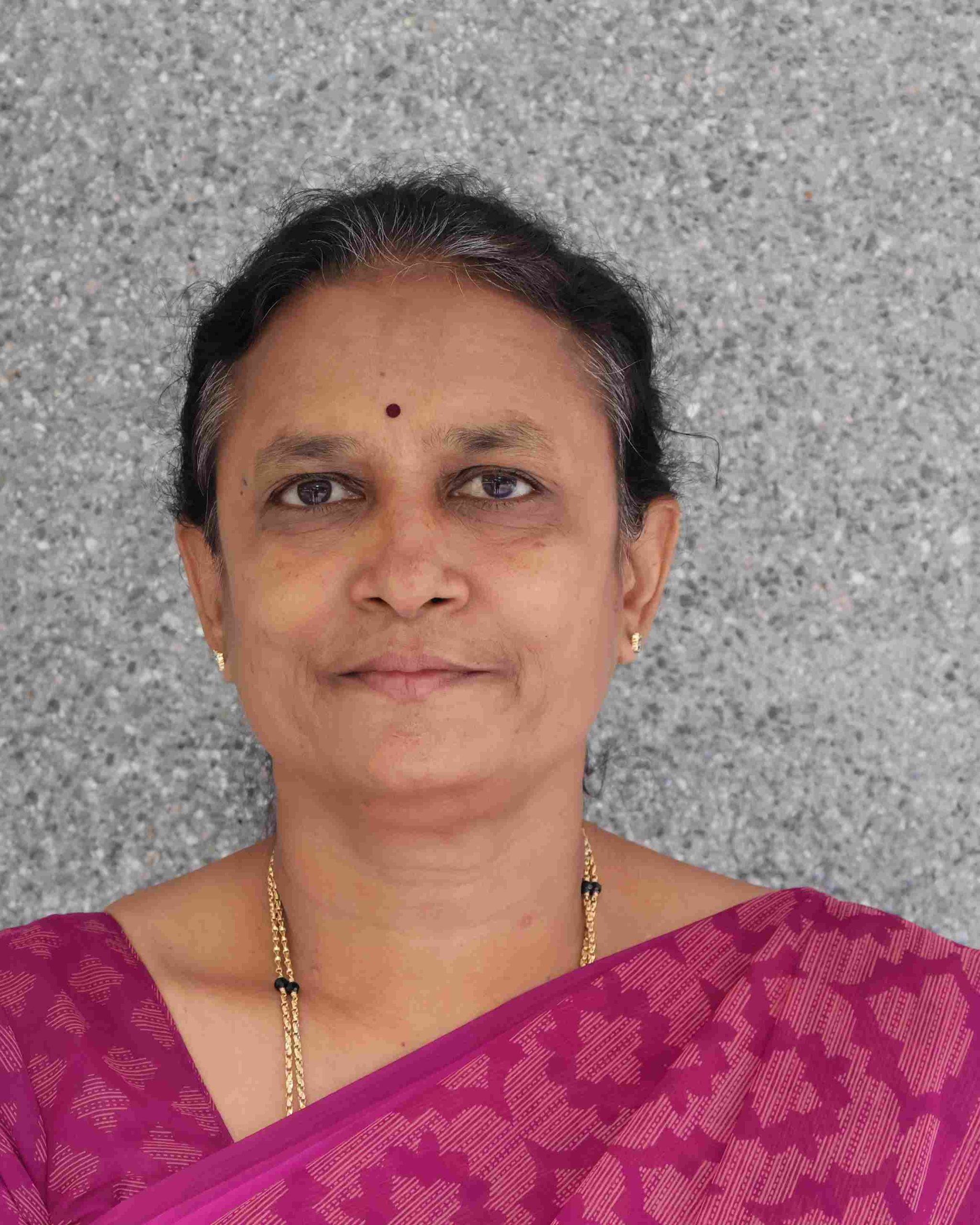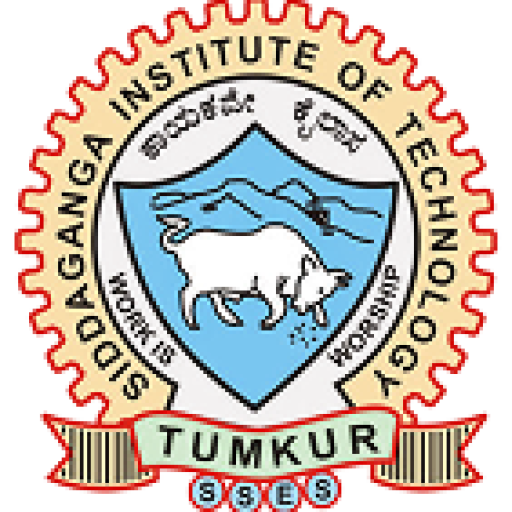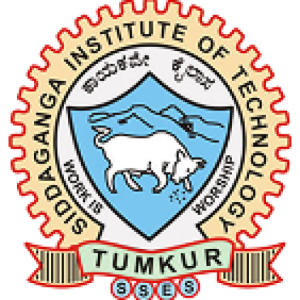Department of Electronics & Communication Engineering
Overview
The Department of Electronics and Communication Engineering was established in 1967 for imparting state-of-the-art education and training in the field of Electronics and Communication Engineering. Starting with an initial intake of 30 students, the department has grown steadily and the present intake is 120 students for the UG programme.
The faculty strength includes 2 Professors, 6 Associate Professors, and 15 Assistant Professors. Fifteen faculty members have completed their Ph.D. from IITs and reputed universities in areas of Speech Processing, Image Processing, Networking, Communication & Microelectronics
Quick Facts
- Established: 1967
- Initial Intake: 30 students
- Current Intake: 120 students
- Faculty Strength: 23
- PhD Faculty: 15
- Research Areas: Speech Processing, Image Processing, Networking, Communication & Microelectronics
Program Details
Under Graduate
B.E. Electronics and Communication Engineering 4 Years
Research
M.Sc. in Engineering by Research
Ph.D in Electronics and Communication Engineering
Vision & Mission
Vision
To be a center of excellence in education and research creating professionally competent and socially sensitive Electronics and Communication engineers capable of working in multicultural global environment
Mission
- M1: To provide quality education relevant to the current and future needs of the society ensuring experiential learning in Electronics and Communication engineering.
- M2: To create state of the art infrastructure and research facility for learning teaching-learning process and quality research.
- M3: To imbibe professional ethics, human values and competency in students enabling them to work individually, and as a member or leader in multicultural global environment
Student Life & Activities
Events Organised
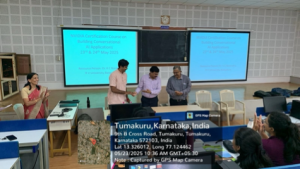
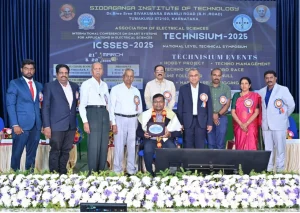
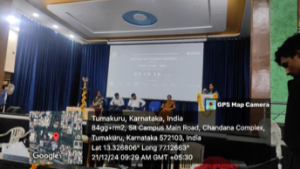
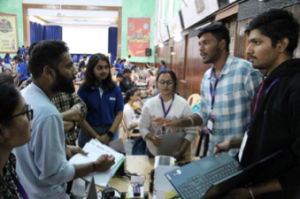
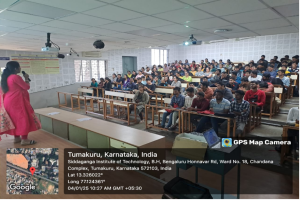
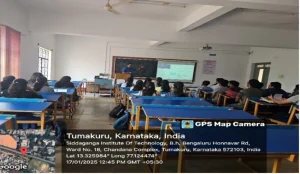
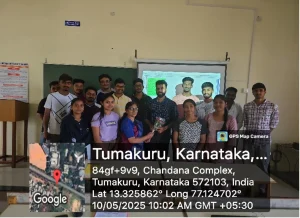
Infrastructure & Facilities
The department is equipped with state-of-the-art labs and research facilities
CNR Rao Lab
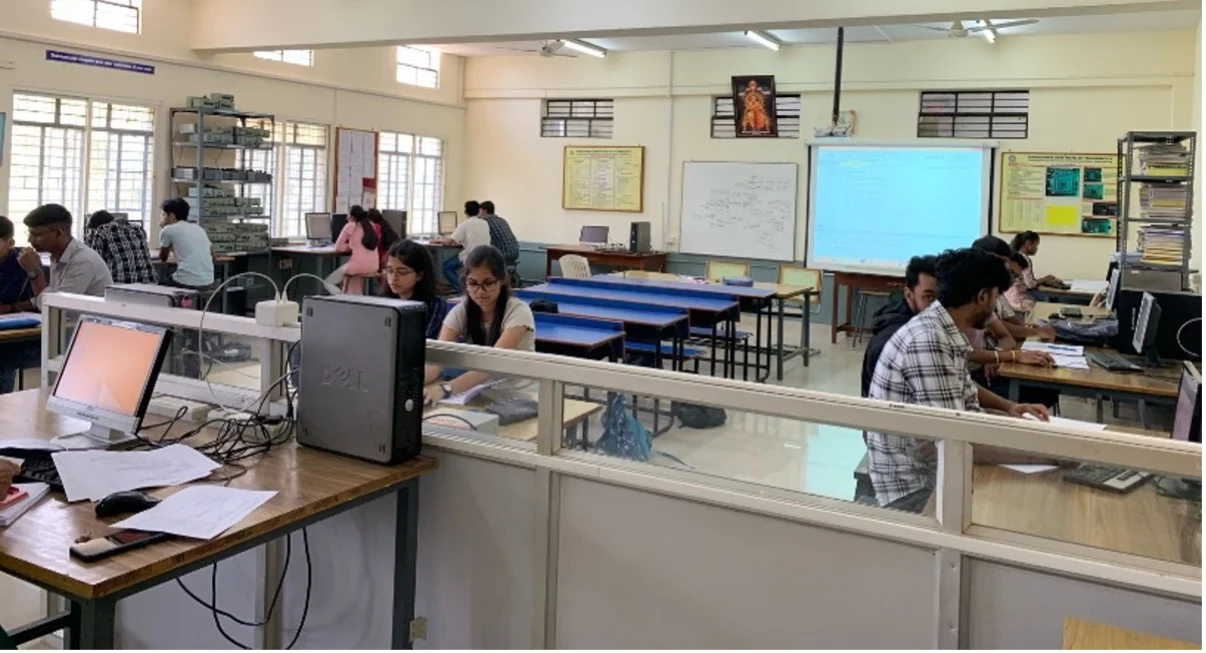
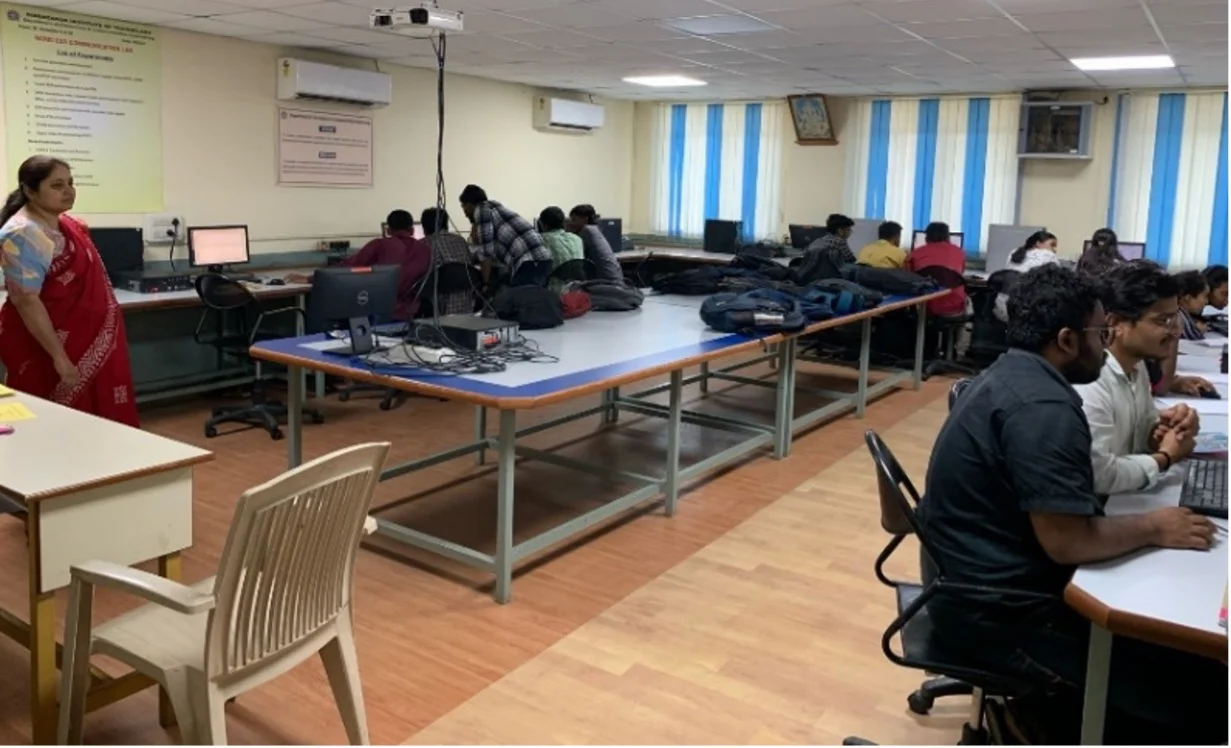
List of Equipments:
- Analog Discovery Kits of National Instruments
- ARM7 LCP2144 Development Board
- DSO (40 MHz, dual channel, 500 MS/s sample rate)
- MY-DAC Kits of National Instruments
- Wireless Communicati on Kits (Waveguru kits)
- PCs with LAN connectivity
JC Bose Computer Center
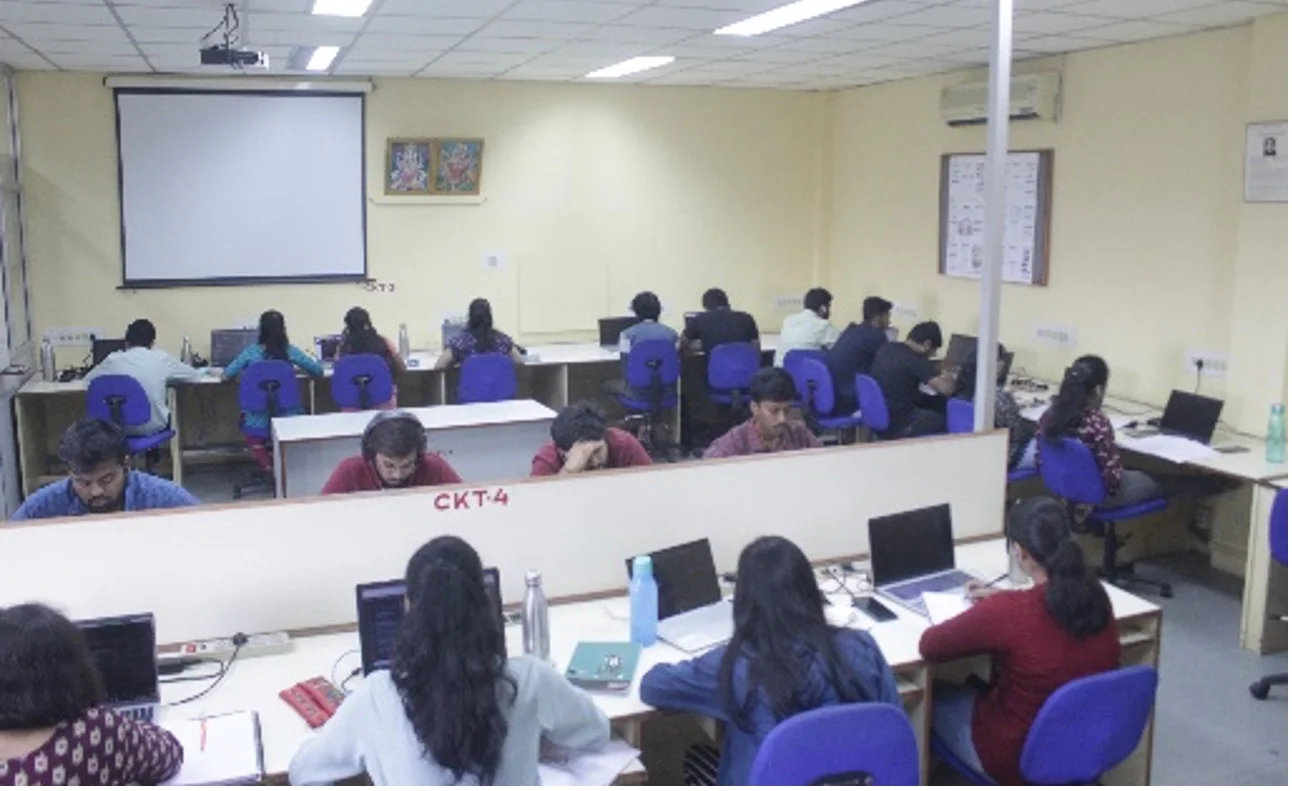
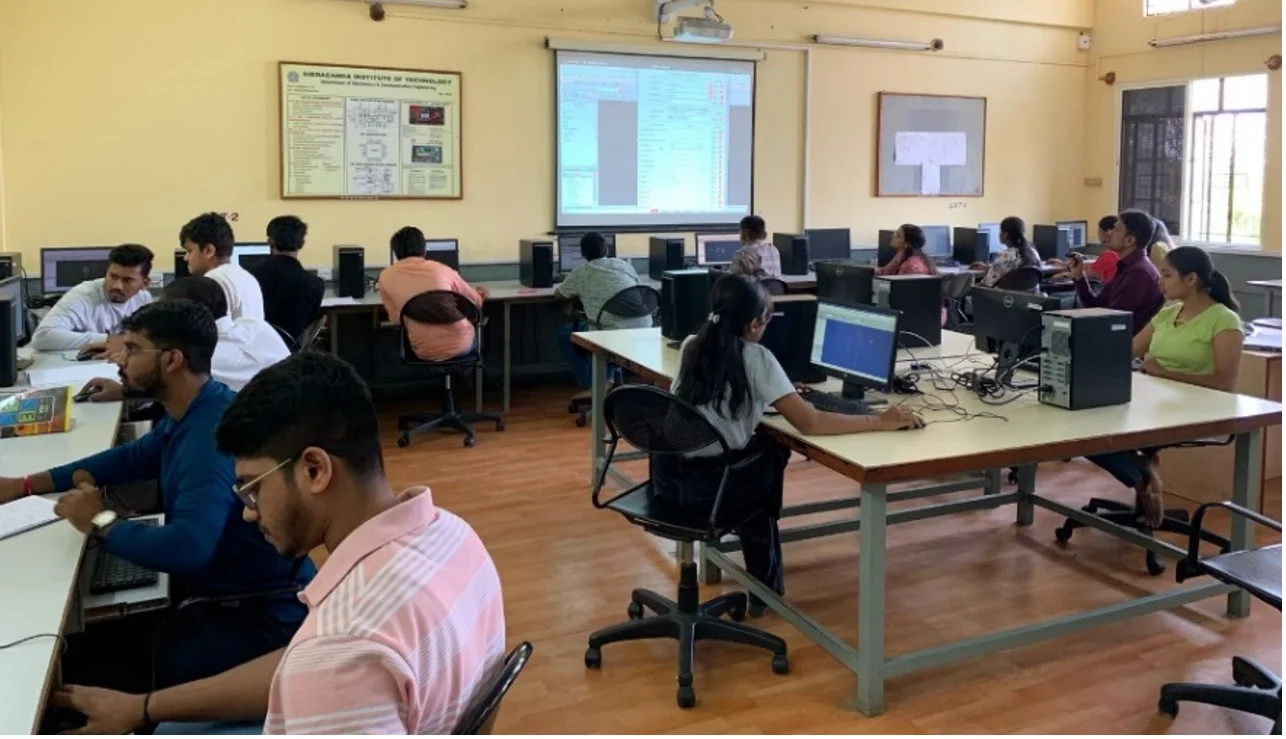
List of Equipments:
- Dell-i7-16 GB RAM Computer Systems
- Dell-i7-16 GB RAM Computer Systems
- Cadence Software (20 Licences)
E-Class Room
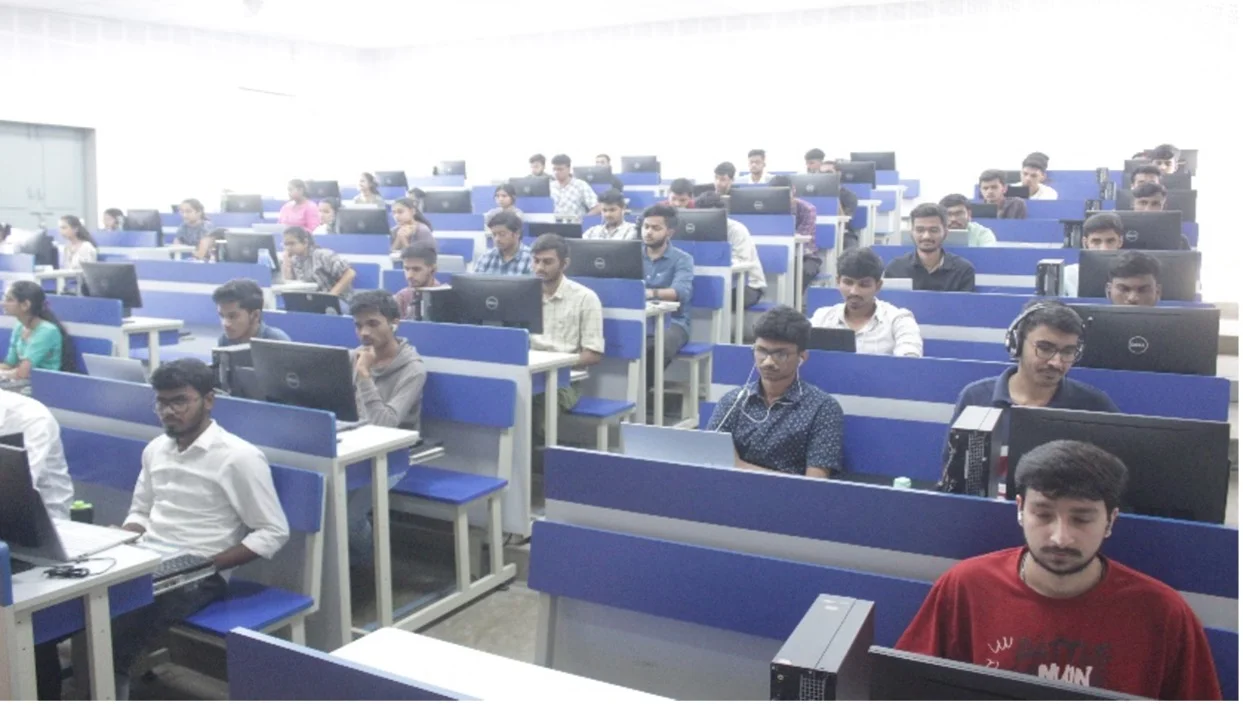
List of Equipments:
- Dell-i5-6500, 16 GB RAM Computer Systems
- LT Spice
- 20 sim
- Matlab
Satish Dhawan Computer Center
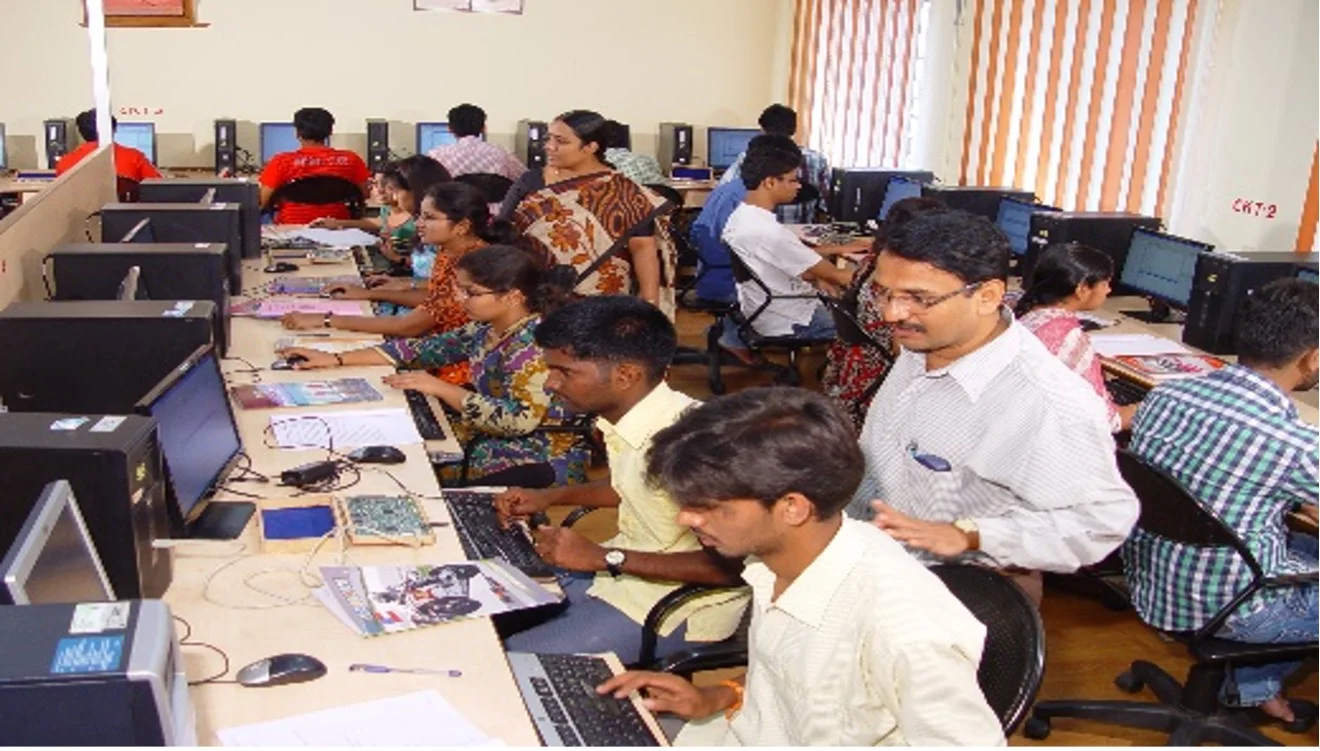
List of Equipments:
- HP-I7-16 GB RAM Computer Systems
- IOT Evaluation Boards with accessories
- Arduino Processor Board
- Raspberry Pi Board
Faculty
The department has highly qualified faculty specializing in VLSI, embedded systems, wireless communication, AI, and IoT. Faculty members are actively involved in research and industry collaborations.
No. Of Ph.D’s = 15 No’s
No. of Masters = 6
Total no. of Professors (teachers) = 02 No’s
Academic Programs & Syllabus
Undergraduate Program:
- B.E. in Electronics and Communication Engineering – A comprehensive 4-year program covering communication systems, VLSI, embedded systems, signal processing, and IoT, preparing students for careers in electronics, telecommunications, and IT industries.
Ph.D. Program:
Research opportunities in wireless communication, signal processing, AI applications in electronics, semiconductor technology, and next-generation networking.
Syllabus
Program Educational Objectives (PEOs) - UG
The graduates of Electronics and Communication engineering programme will
PEO1: Be able to design and build systems for providing solutions to real life problems in the area of Electronics and Communication.
PEO2: Be a successful entrepreneur, build careers in Industry, government, public sector undertakings, pursue higher education and research.
PEO3: Work individually, within multidisciplinary teams and lead the team following sound professional and ethical practices.
Program Outcomes (POs) - UG
Engineering graduates will be able to
PO1: Engineering Knowledge: Apply knowledge of mathematics, natural science, computing, engineering fundamentals and an engineering specialization as specified in WK1 to WK4 respectively to develop to the solution of complex engineering problems.
PO2: Problem Analysis: Identify, formulate, review research literature and analyse complex engineering problems reaching substantiated conclusions with consideration for sustainable development. (WK1 to WK4)
PO3: Design/Development of Solutions: Design creative solutions for complex engineering problems and design/develop systems/components/processes to meet identified needs with consideration for the public health and safety, whole-life cost, net zero carbon, culture, society and environment as required. (WK5)
PO4: Conduct Investigations of Complex Problems: Conduct investigations of complex engineering problems using research-based knowledge including design of experiments, modelling, analysis & interpretation of data to provide valid conclusions. (WK8).
PO5: Engineering Tool Usage: Create, select and apply appropriate techniques, resources and modern engineering & IT tools, including prediction and modelling recognizing their limitations to solve complex engineering problems. (WK2 and WK6)
PO6: The Engineer and The World: Analyze and evaluate societal and environmental aspects while solving complex engineering problems for its impact on sustainability with reference to economy, health, safety, legal framework, culture and environment. (WK1, WK5, and WK7).
PO7: Ethics: Apply ethical principles and commit to professional ethics, human values, diversity and inclusion; adhere to national & international laws. (WK9)
PO8: Individual and Collaborative Team work: Function effectively as an individual, and as a member or leader in diverse/multi-disciplinary teams.
PO9: Communication: Communicate effectively and inclusively within the engineering community and society at large, such as being able to comprehend and write effective reports and design documentation, make effective presentations considering cultural, language, and learning differences.
PO10: Project Management and Finance: Apply knowledge and understanding of engineering management principles and economic decision-making and apply these to one’s own work, as a member and leader in a team, and to manage projects and in multidisciplinary environments.
PO11: Life-Long Learning: Recognize the need for, and have the preparation and ability for i) independent and life-long learning ii) adaptability to new and emerging technologies and iii) critical thinking in the broadest context of technological change. (WK8)
Industry Collaboration & Placement
The department maintains strong industry ties, ensuring internships, projects, and placements. Students secure jobs at top companies, including:
Intel, Texas Instruments, Qualcomm, Samsung, Wipro, Infosys, TCS, Accenture, and L&T.
Achievements & Recognition
Faculty Awards
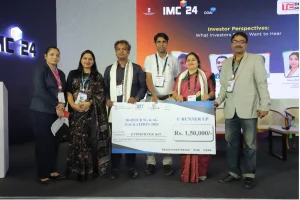
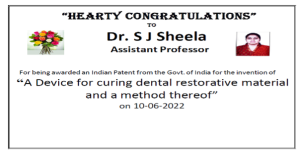
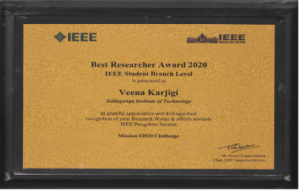
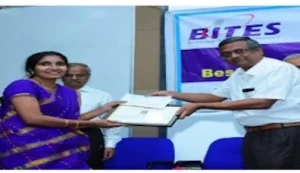
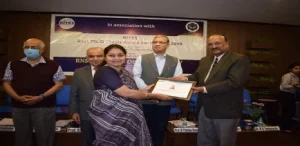
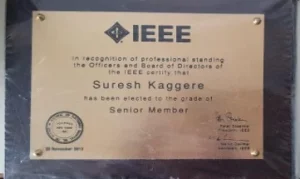
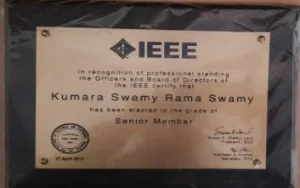
Best Project Awards
Project Title: IoT Based Smart Water Management System
Guide : Dr. K V Suresh
At 6th National Level IEEE Project Competition-2022,organized by IEEE Student Branch, GSSS Institute of Engineering & Technology for Women, Mysuru.
Students : Harshvardhan E Gujjal, Rakesh B, Suresh B, Tharun Thejas
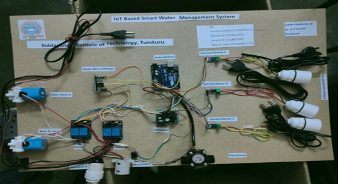
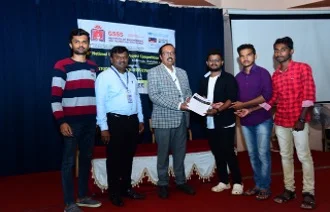
Project Title: Solar Power Based agricultural Robut for pesticide Spraying, Grass Cutting, and seed Sowing
Guide : Dr. B T Venkateshmurthy
At 5th National Level IEEE Project Competition-2021,organized by IEEE Student Branch, GSSS Institute of Engineering & Technology for Women, Mysuru.
Project Title: e-Aunthentication System
Guide : Dr. Y Harshalatha
At 6th Industry Institute Conclave on Electronics, Computational and Communication Technologies held at Sahyadri College of Engineering and Management, Mangalore.
Alumni Success
Graduates have excelled in leading tech companies, startups, and research institutions globally. Many hold leadership positions in the electronics and communication industry.
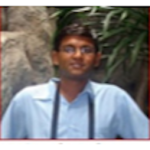
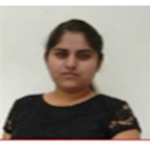

Admissions
Admissions to the B.E. in Electronics and Communication Engineering are through CET, COMED-K, and JEE Mains. Postgraduate admissions are based on academic merit and research interests. For details, visit the Admissions Page.
